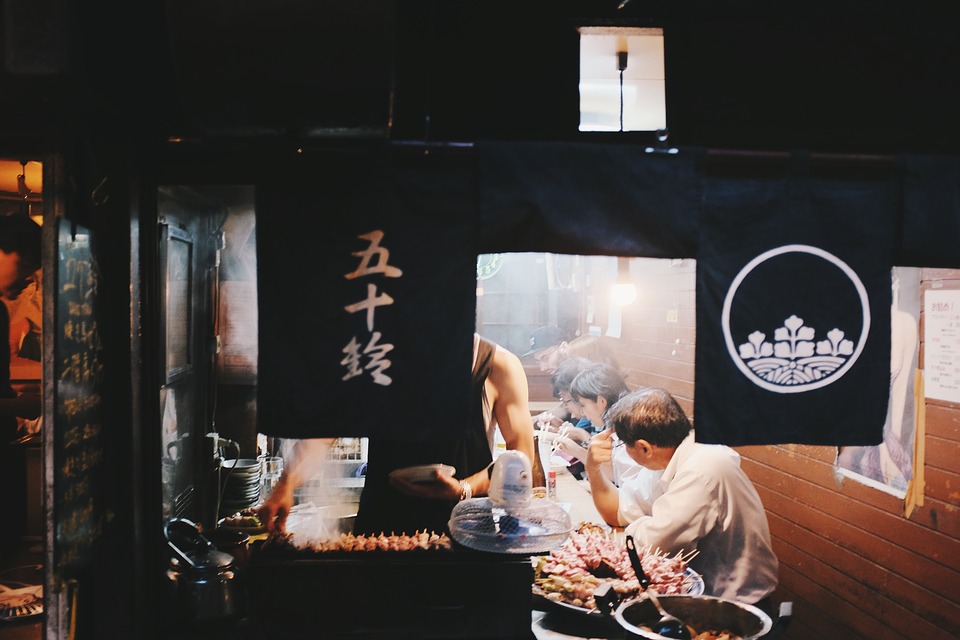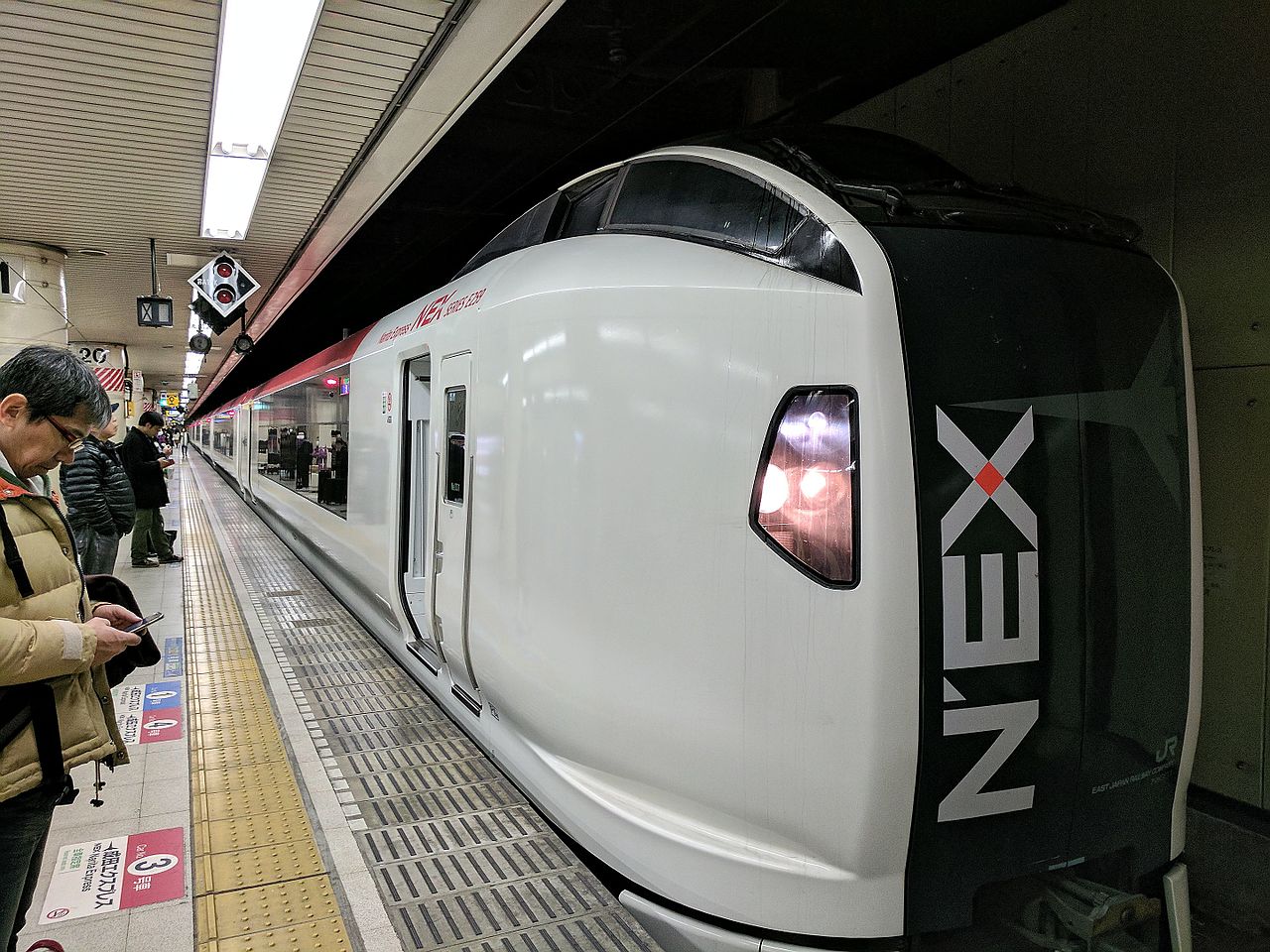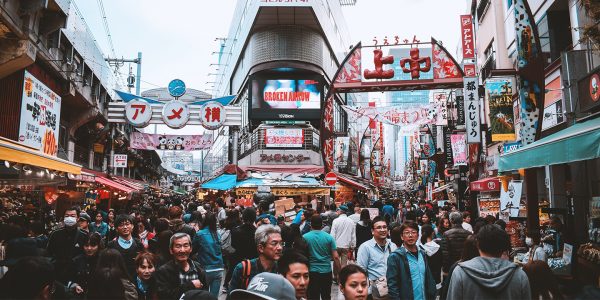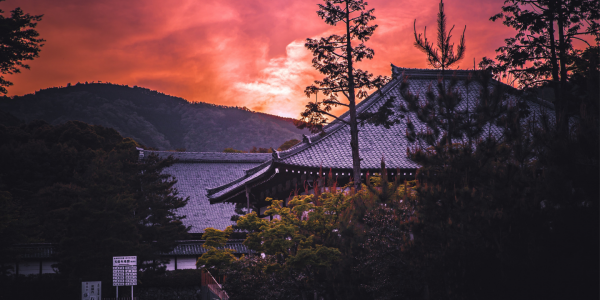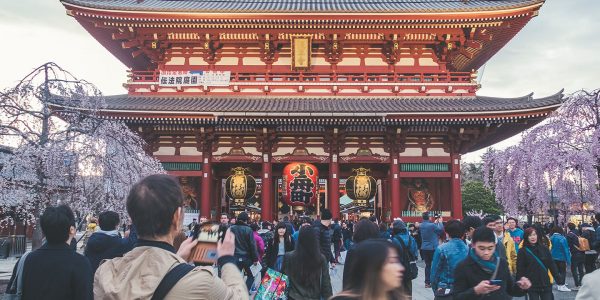Known as the Land of the Rising Sun, Japan is one of the most glorious places to visit. With nearly 30 million visitors yearly, it’s not hard to see why everyone walks away with amazing memories. Regions such as Shiretoko Peninsula, Tokyo Disney Resort, and Hello Kitty Harmonyland have drawn big crowds.
Many think most tourists head to Japan are from the U.S., but the numbers tell a different story. A majority of the tourists come from fellow Asian countries, South Korea and China. The U.S. contributes to 1.3 million tourists per year.
Because of all the high praise, Japan might be on your long list of places to see. With such a unique atmosphere, you’ll certainly be in for a culture shock upon arrival, but no need to fear. These Japanese people and experienced travelers have decided to give some pointers on how to have a great time in Japan.
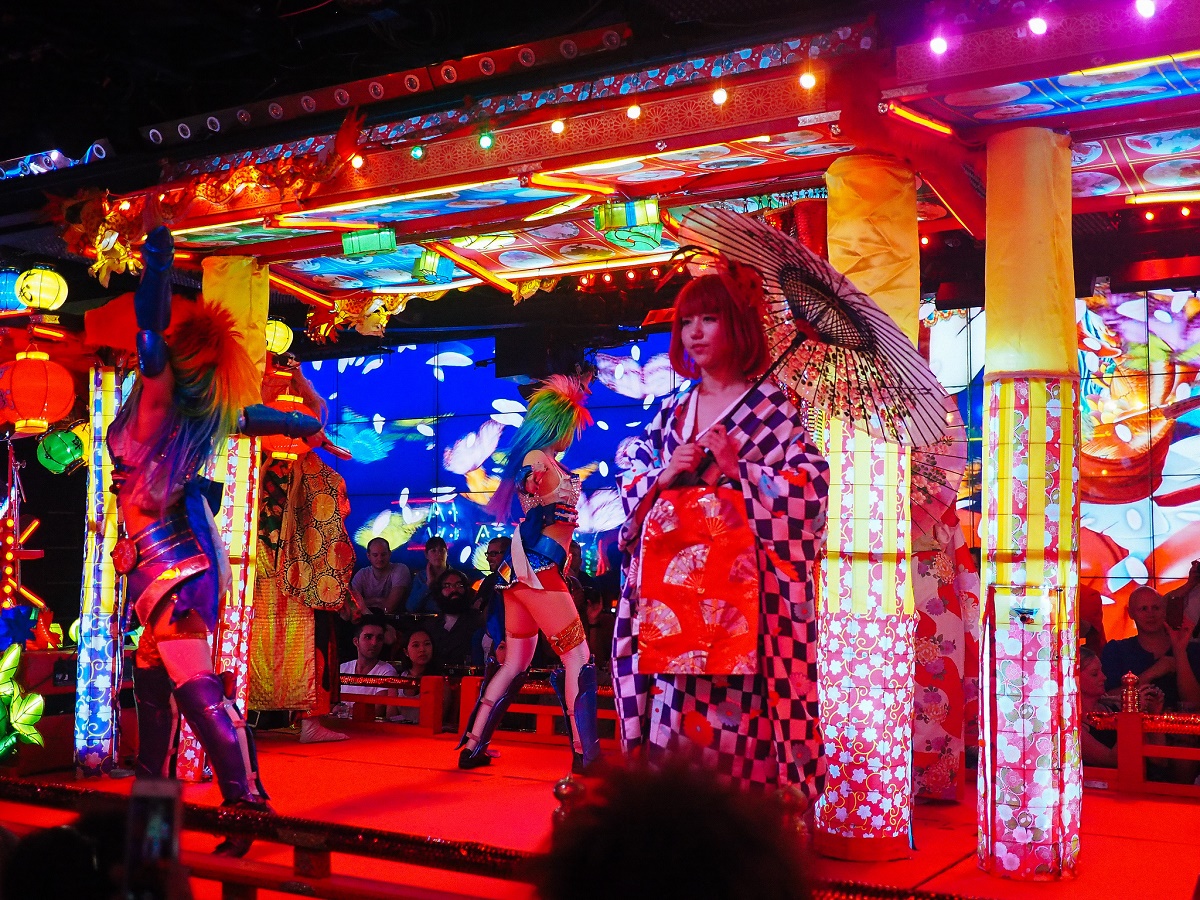
42. The Unwritten Rules

41. For the anime fans
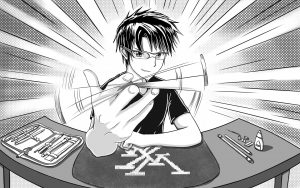
40. I Wear My Sunglasses At Night

39. Bring Your Own Soap
38. Beware The Green Stuff
Some sushi places, we have a container with (green) tea powder and you basically make your own hot tea (there’s a spout where you push and hot water comes out on your table/counter). So you basically put in the powder then add hot water into your cup and you have your tea.
I was eating sushi one day in Shibuya which is a very populated tourist spot and there was a family that was clearly foreign. One stood out to me as she was the daughter and seemed to scream “I love japan” from her clothes and everything. So her parents were asking her things and she would confidently answer.
So they asked her what that green powder was.
She confidently said it was wasabi.
So she proceeded to instruct them to put the green tea powder into the soy sauce and mix it together.
So they did. I gagged a little.
Then she encouraged them to use their chopsticks to grab ginger out of a box that is used to share with others (basically a communal box of ginger with a tong in it so it doesn’t cross-contaminate).
Not only did they use chopsticks to grab the ginger… they eventually used the tong to eat their sushi since they couldn’t figure out how to use chopsticks… then they put it back in the ginger container for the next customers to use. I gagged again.
So I would say… If you don’t know something, just ask! Nobody knows everything when they’re visiting a new country.

37. You’re Not ‘Exotic’ Just Because You’re Foreign

36. A Great Overview

35. A Proper Introduction
“Sumimasen”.
Learn that word. Start every single sentence with it. It means “sorry/excuse me”. Use it when asking for directions, as another way to say thank you, or when entering a new place.
If there is one word you need to learn, it’s “sumimasen”.

34. Money On My Mind
Carry cash. They’ll take cards but it’s unusual and I’ve gotten looks for it. You can access international ATM’s at 7-Eleven and the post offices.
Just be polite, even if you don’t know the language well. If you’re gracious, it gets you a long way.
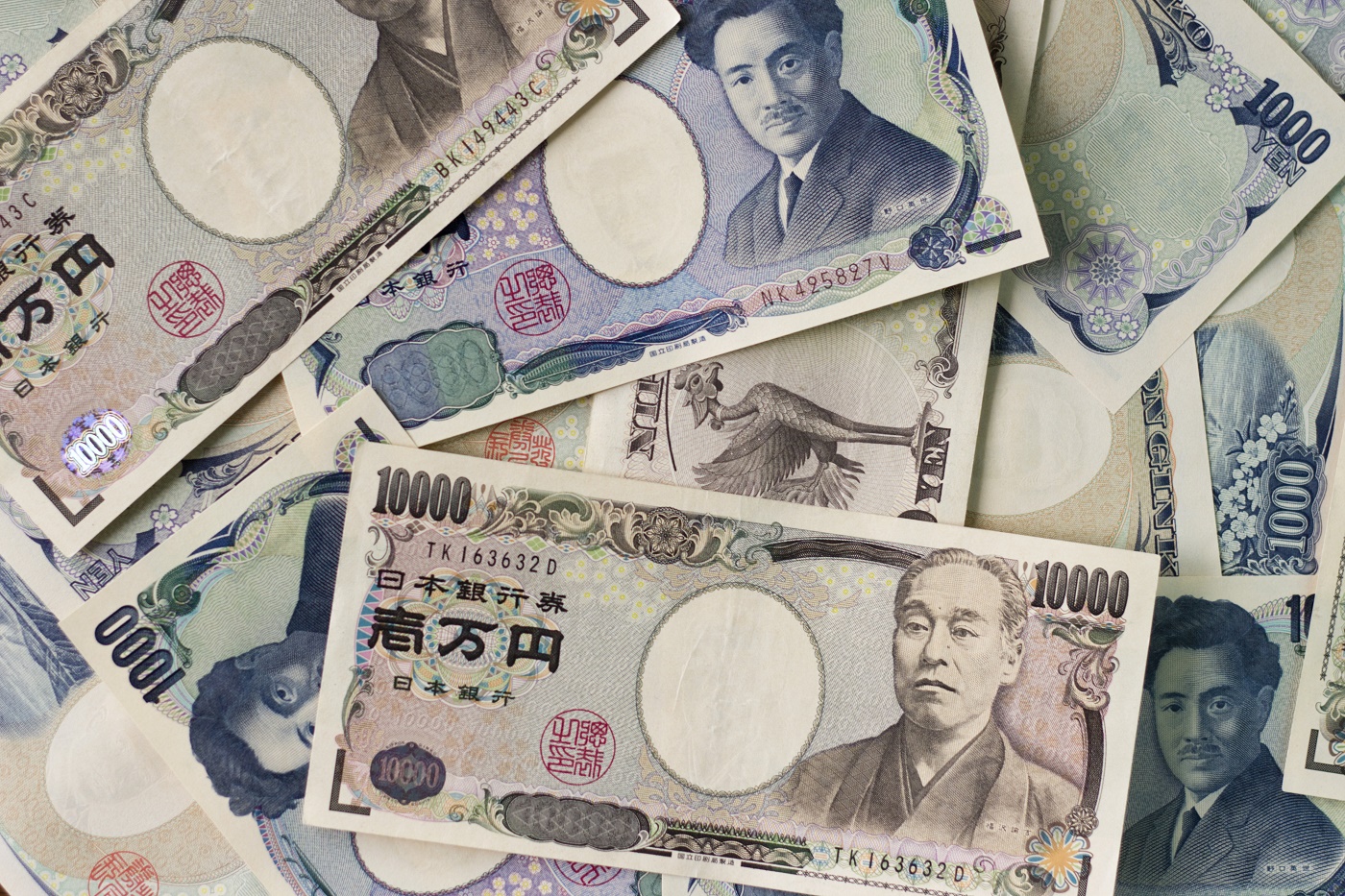
33. Getting That Vegan Fix
Being vegetarian, don’t get me wrong it’s totally doable, but you get used to most UK cafe/restaurants having designated vegetarian meals.
In Japan, I would advise planning ahead. Use the app Happy Cow to find Vege friendly places. Also, areas near shrines often have vegan restaurants.
There were several times we ordered meals which said “vegetarian” but actually had meat in them. But, if you plan ahead, you can find fully Vege places where you know it will be fine.

32. Spring Into Action
If you do visit a hot spring (Onsen), make sure you clean yourself first before entering the main “bath”. Onsens have separate stations for you to scrub off any dirt and a little shower for you to rinse your hair (if you have long hair, tie your hair up as well).
Do not — I repeat DO NOT — skip that step. You’re gonna get some nasty stares, especially from the elderly. Oh, and make sure you get all those soap suds rinsed out as well.
After all, you’re bringing your “unclean” body into a shared communal bathtub.
Just research onsens and treat them as if your using someone else’s bathroom (keep it clean and the way it is).
Usually, tourist-friendly onsens have staff that will explain to you all these rules.
Tattoos are associated with the yakuza in Japan. Some places ask you to cover it up with a towel or some just tell you to leave.
It’s a matter of finding a tattoo-friendly place. Please don’t think it’s because they’re being rude.
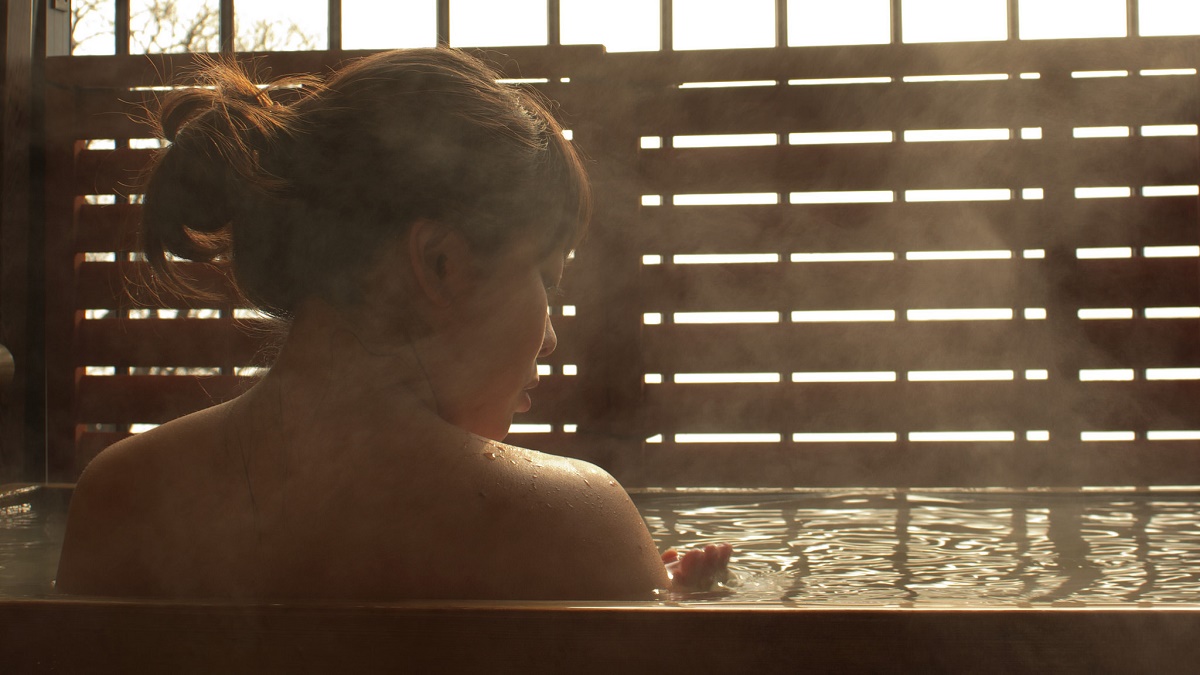
31. Clear That Plate
This is less of advice, but more of a warning:
The Japanese consider not finishing a meal kind of rude. I have a small appetite, so this kind of sucked, but make sure not to eat a snack or such before meals.
If you don’t finish it, whoever prepared it might feel somewhat offended.
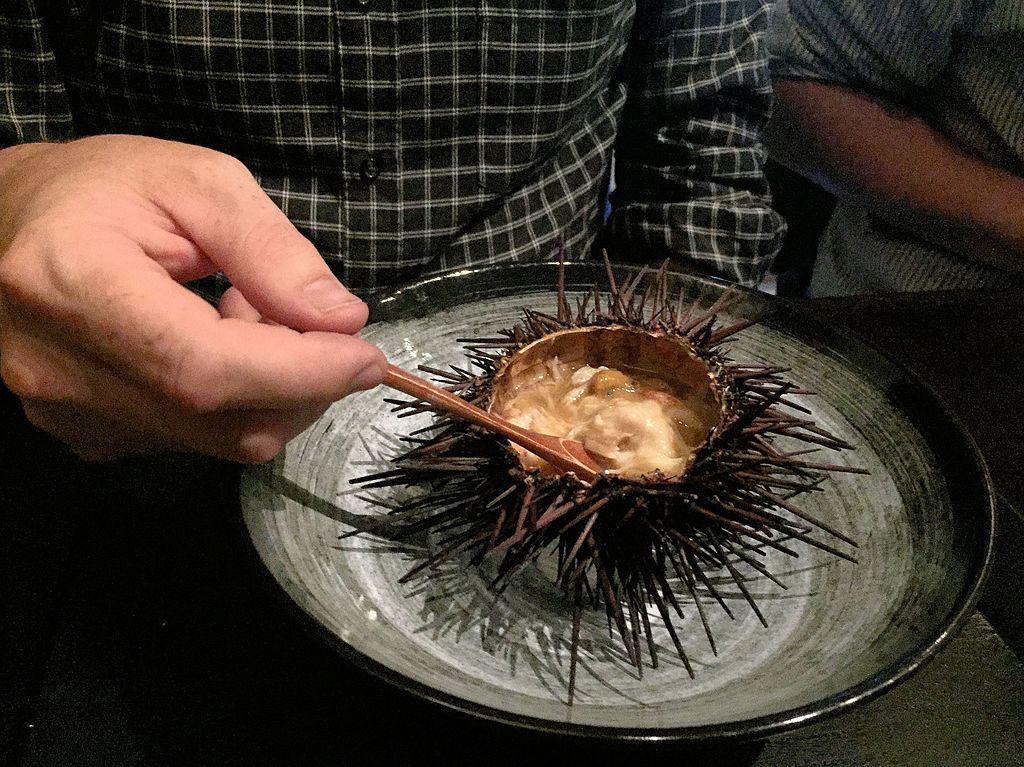
30. The Customer Is Always Right
Customer service is much more courteous and formalized than in the US.
It is exceedingly polite, but the status positions of server and customer are clearly unequal, and that is the dynamic in which it operates. What this means to a visitor is that you really do not need to, and should not, say much to a person such as a cashier.
Don’t be rude and haughty, but don’t be casually friendly either. When the transaction is finished, don’t thank the cashier, because you are the customer and are paying for the service.
Your role as the customer is to be thanked. If you try to thank the server, you upset the dynamic and things get awkward.
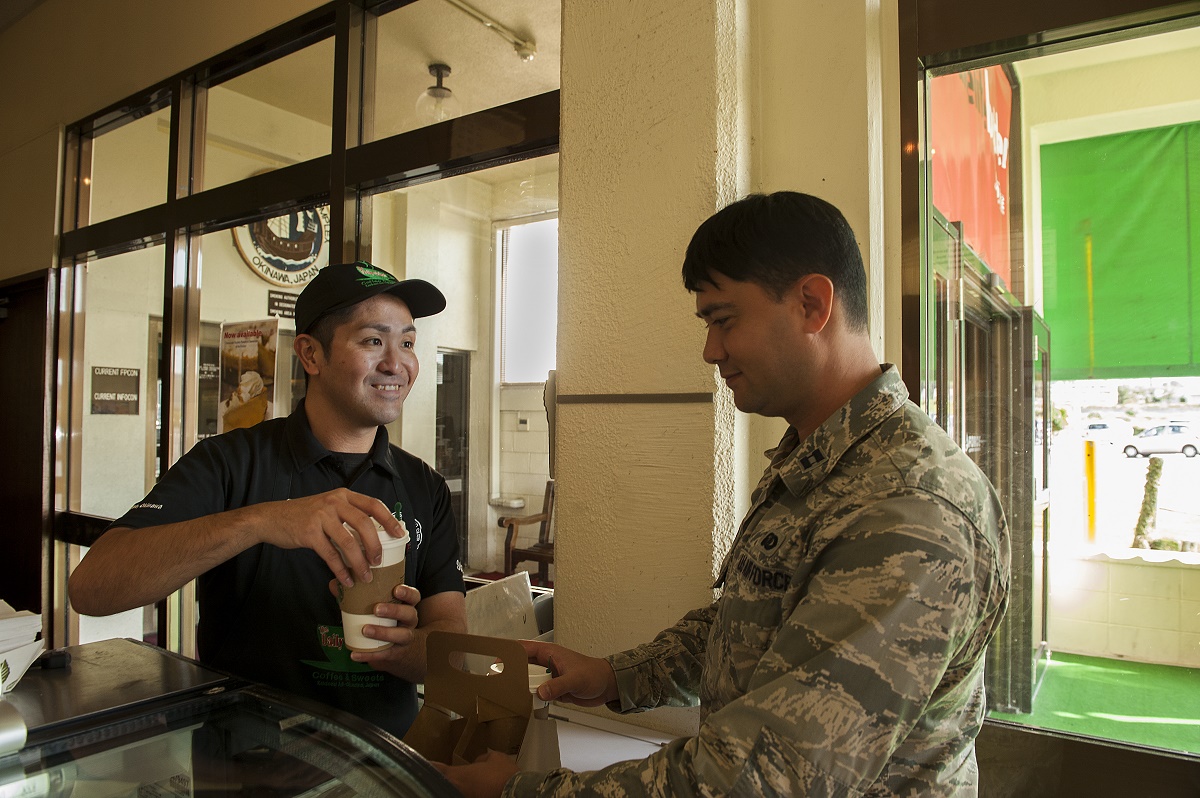
29. Life Through A Lens
Japan has a lot of rules about photography.
Many places have signs that say you shouldn’t take pictures in certain areas or of certain things, but some don’t have signs or they’re not obvious.
If you walk into a store and want to take pictures, ask first. Many tourists pick items up they don’t even buy and take photos with them.
Many temples don’t let you take photos in certain areas, you should be careful about taking pictures of the deity or inside a shrine.
If you can take pictures, don’t make disrespectful gestures or poses.
DO NOT shake cherry blossoms to make the leaves fall for a picture.
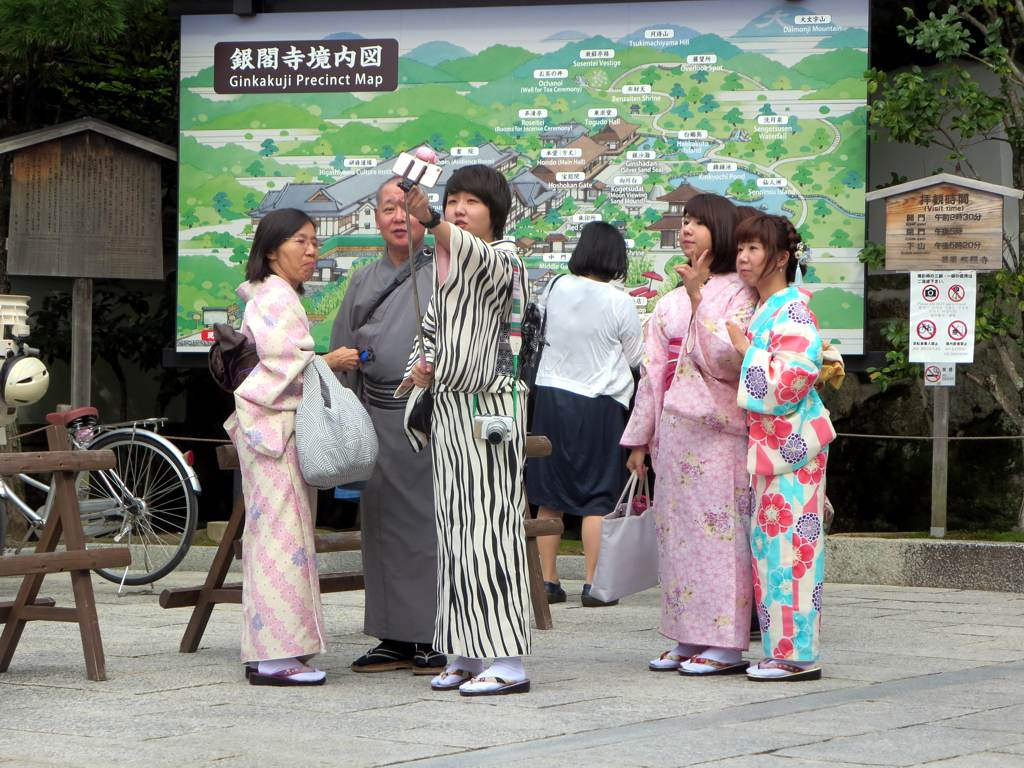
28. Silence Is Golden
Don’t yell on trains or cause a public disturbance in any way. I remember seeing a video where a celebrity just randomly started singing aloud on a train next to some poor businessman that had to deal with it.
On the surface, foreigners thought it was such a cool thing and that anyone would be “lucky” to be there to witness it. But, in reality, it just annoyed the locals and was incredibly disrespectful, setting a bad precedent for foreigners in general.
While there may have been good intentions, it was certainly not something that was well received.
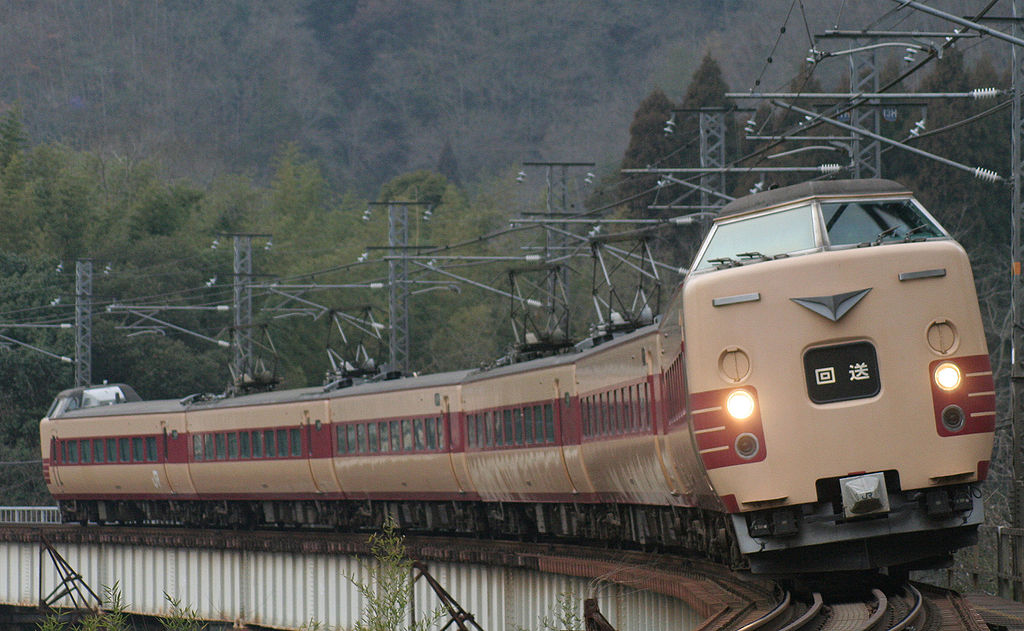
27. Dance The Night Away
People talk bad about Roppongi but it gets a bad reputation.
It’s only a problem if you go looking for trouble. Shibuya is a good place for nightlife but it tends to attract like college-age Japanese folks, while Roppongi attracts a mid-twenty-something, international crowd.
If you’re not an extrovert, it might not be your cup of tea. If you’re comfortable in party scenes, give it a shot. On its worst nights, it’s still safer than most places in the world.
Ignore the solicitors.
You’re better off without them.
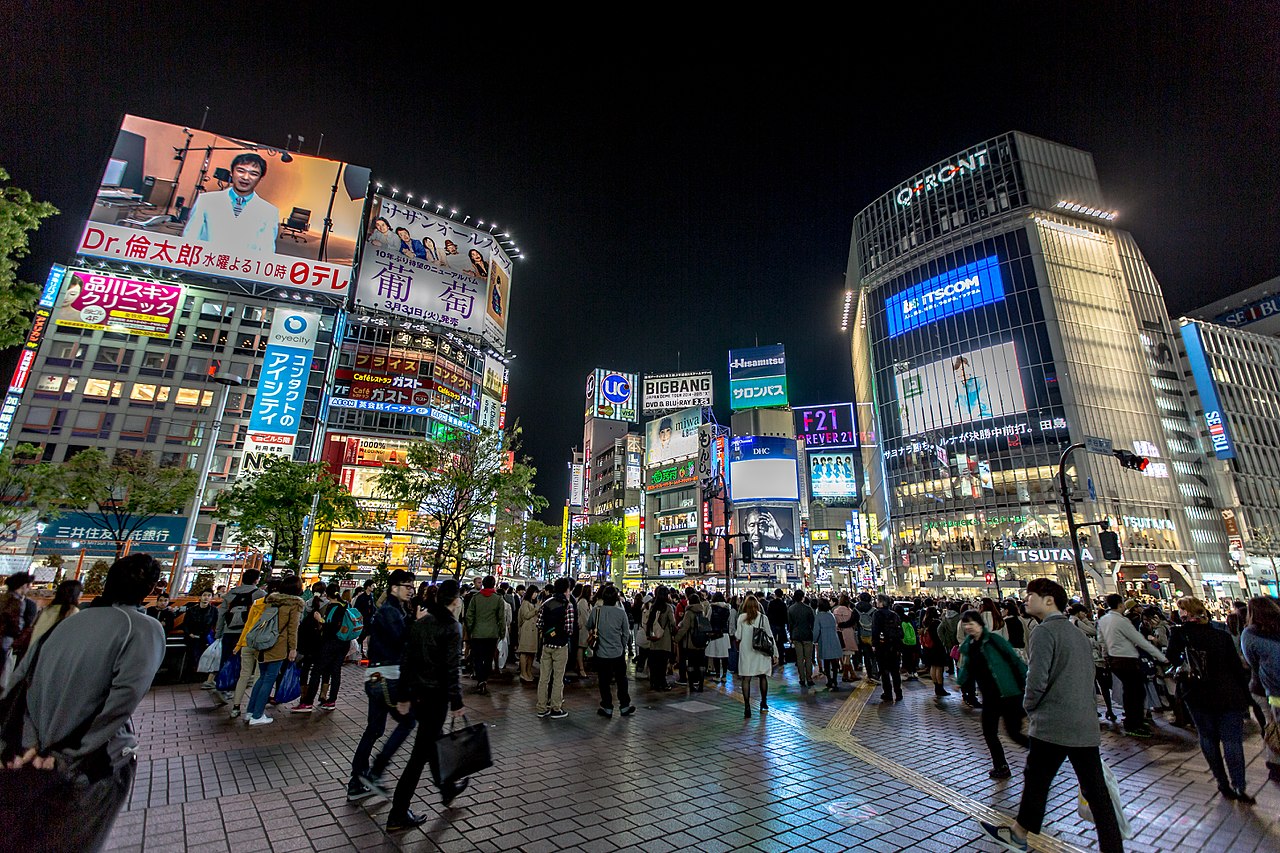
26. Service On The Go
Rent a pocket WiFi! It’s cheaper than most SIM cards or international data plans and tends to have amazing coverage.
It means that you always have digital maps/translate available (I CONSTANTLY used maps while navigating Tokyo). They can also usually be picked up and dropped off at the airport!
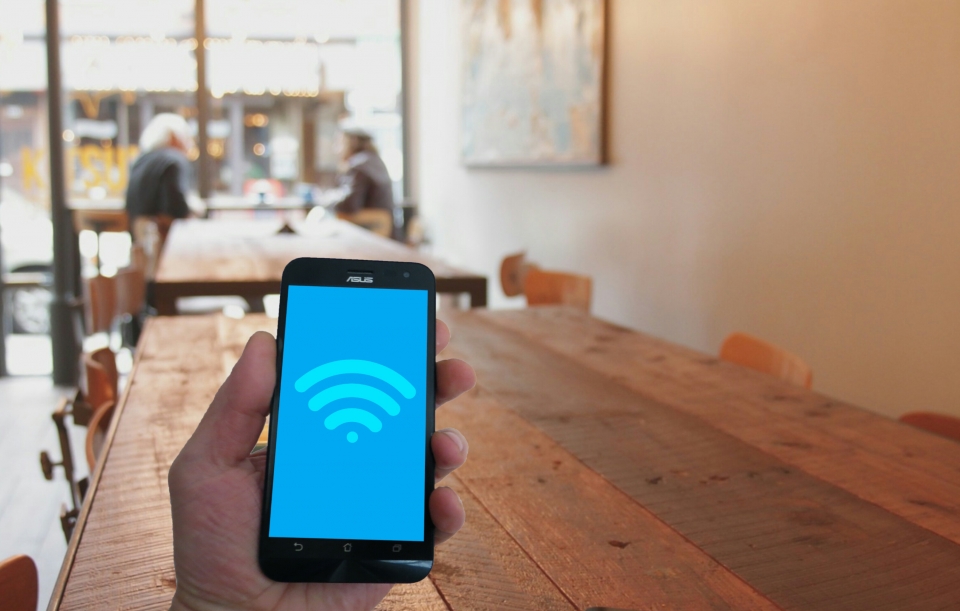
25. On The Evening Train
If you’re going to Tokyo then learn about the rail lines in advance. There are two main rail companies and you can get to your destination in several ways.
In addition to that, make sure you check what time the train leaves from the airport.
Last time I was in Japan, I rushed from customs to the luggage pickup and then rushed to the Narita Express and just got there in time, saving an hour wait. The last thing you want after a long trip is to wait an hour for a train that takes another hour to get to Tokyo.
24. Not The Euphemia Allen Kind
There will be some people who will compliment on your chopstick-using ability by saying “sugoi ne, hashi wa jouzu desu ne”. (Wow you’re good at using chopsticks).. Don’t get offended if you hear this, even if you’ve been using chopsticks ever since you were an infant. Some Japanese people have never seen a foreign person use chopsticks.
Instead of getting offended at that statement, use it as a starting point. Start a conversation to bridge a gap formed from ignorance and develop a relationship.
You might create a friend and a karaoke partner.
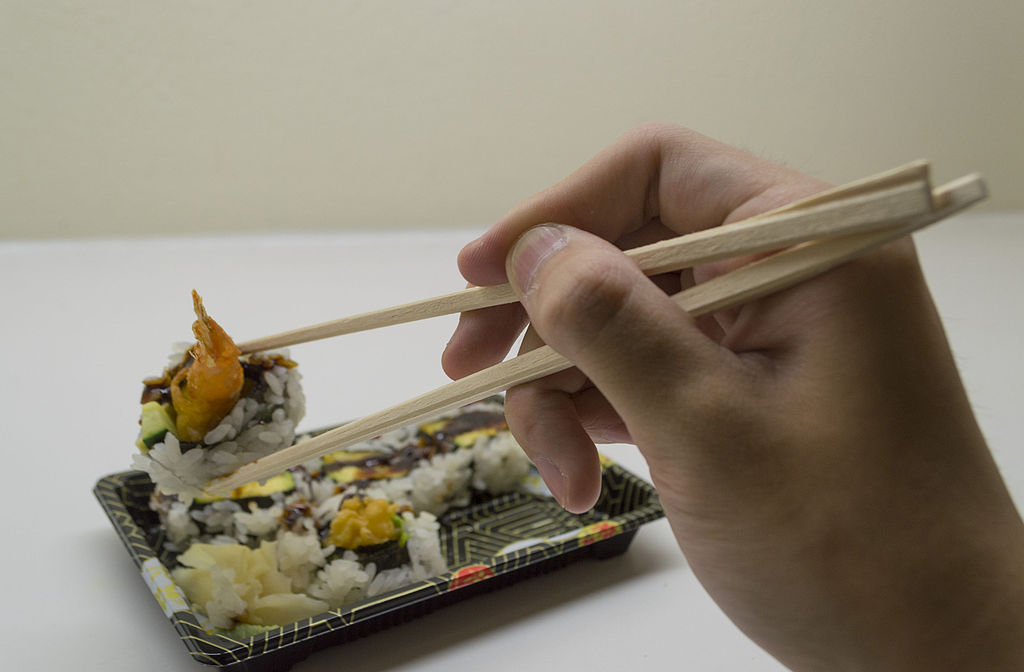
23. The Wheels On The Bus
I’m Japanese, but I only know a lot about Kyoto. I’d say it’s a lot cheaper to take the bus by buying a day pass than it is to ride taxis everywhere. Side note on taxis:
don’t try to open the door yourself when stepping out of the vehicle. The door will automatically open for you.
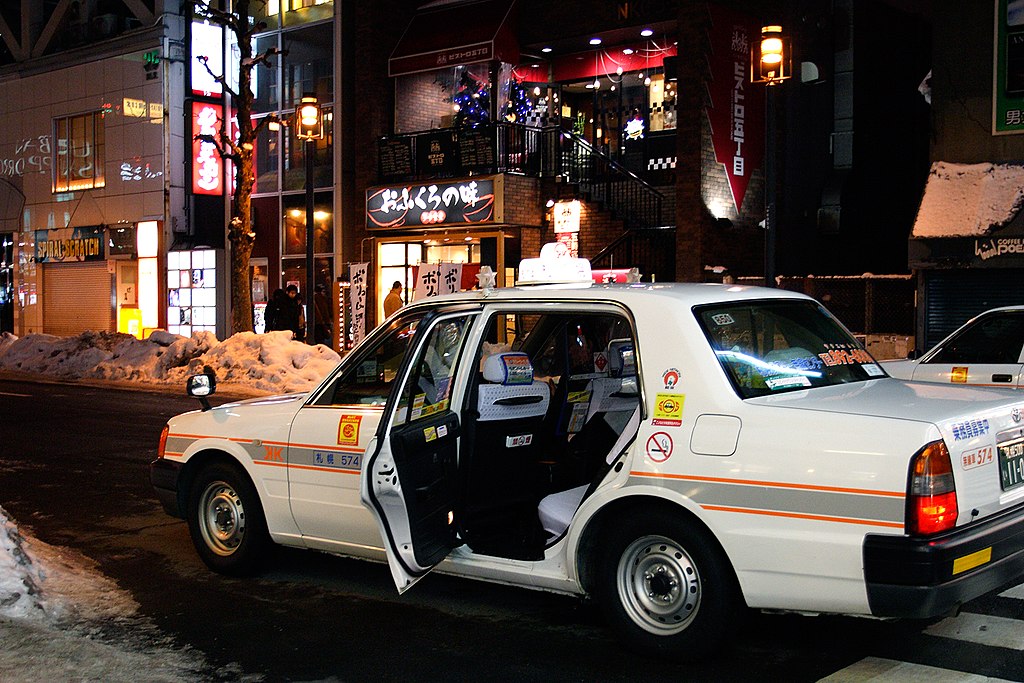
22. Fish Out Of Water
The Tsukiji fish markets in Tokyo don’t let tourists in anymore. If you want to see the live tuna auctions, you have to line up and there is a strict number of places available.
I went last year because my hotel was very close. I had to wake up at 3 a.m. just to secure a place and then wait for hours to get in.
I wouldn’t recommend it, they just file you and file you out again. You can just watch a video of the auctions online and visit the markets when they open to the public in the morning instead!
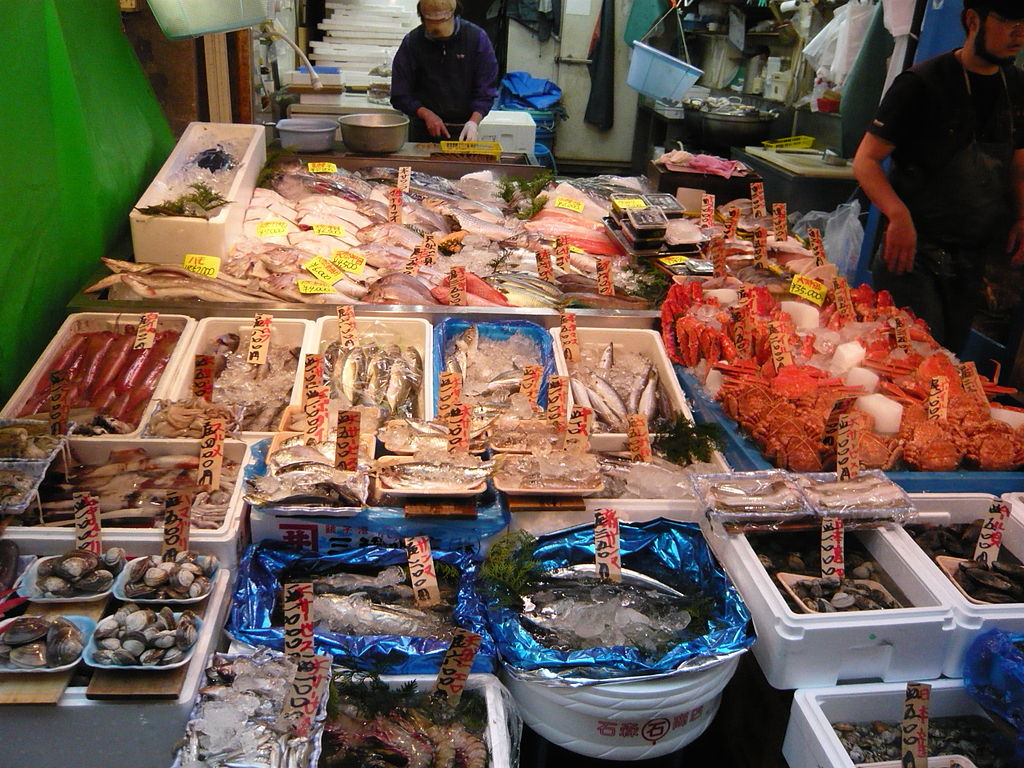
21. Memoirs Of A Geisha
If you have the good fortune of seeing a geisha in public, don’t be annoying about it. If they’re not in a hurry, you could politely ask them if you could take a picture.
Don’t be offended if they decline.
I’ve seen and heard some really cringe-worthy things, particularly from Chinese tourists, like people chasing or rough handling a geisha who is just trying to go to the store.
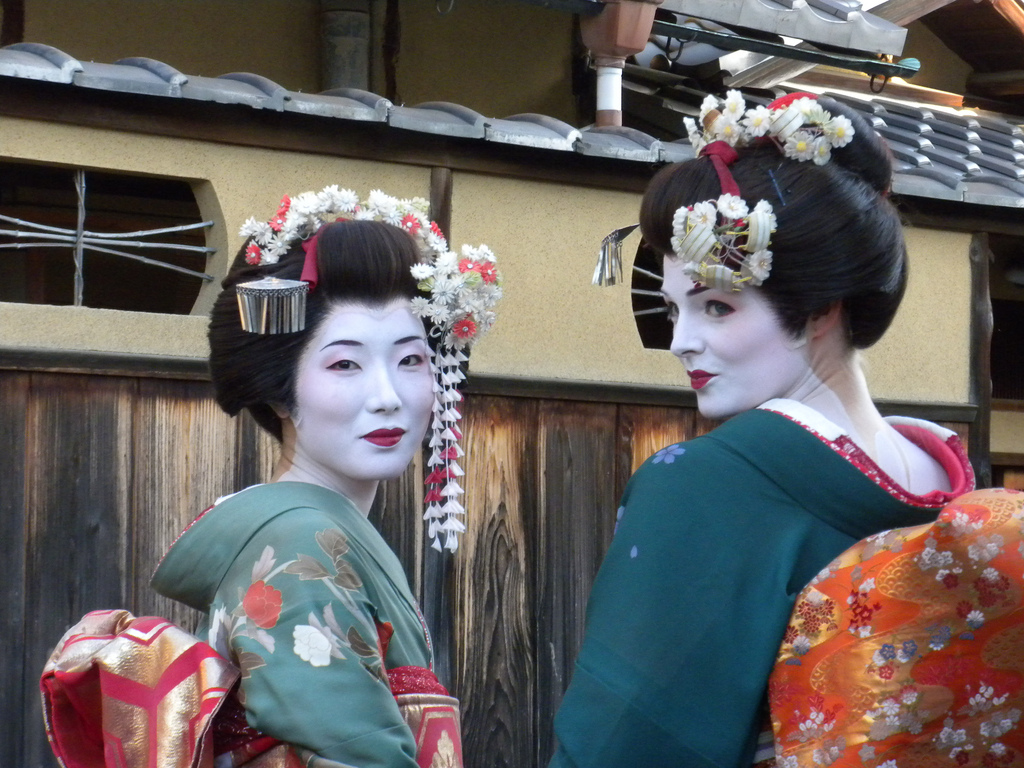
20. A Safe Space
I went and sat down in a metro car late one night in Tokyo. It was unusually empty and strangely had a lot of pink everywhere.
Good thing no one was there since I would have felt like more of an idiot. I found out later that I was in the women-only cart of the metro train, which is provided for women’s safety at certain hours (nighttime, usually).
Just be cognizant of that. I think it’s usually the last cart of the train.
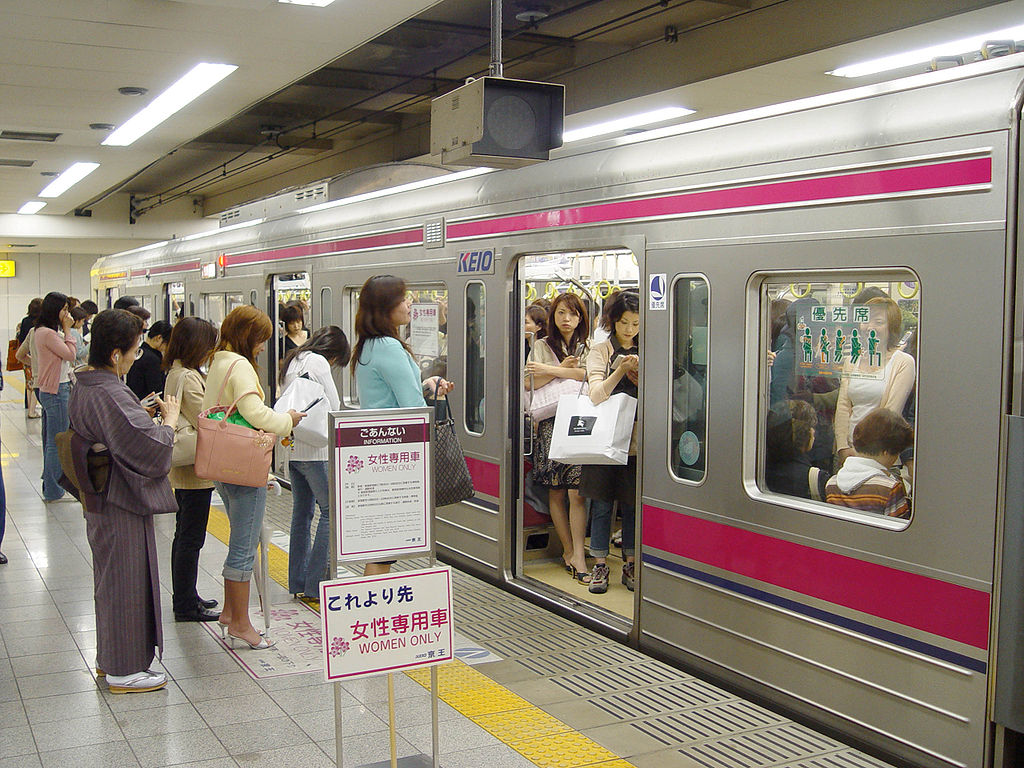
19. Getting The Language Right
At least try to learn some Japanese. People are much more receptive if you open with some basic phrases and do your best.
(This obviously goes for many countries). The English service is far-reaching, but at least try to make an effort as a guest in the country.
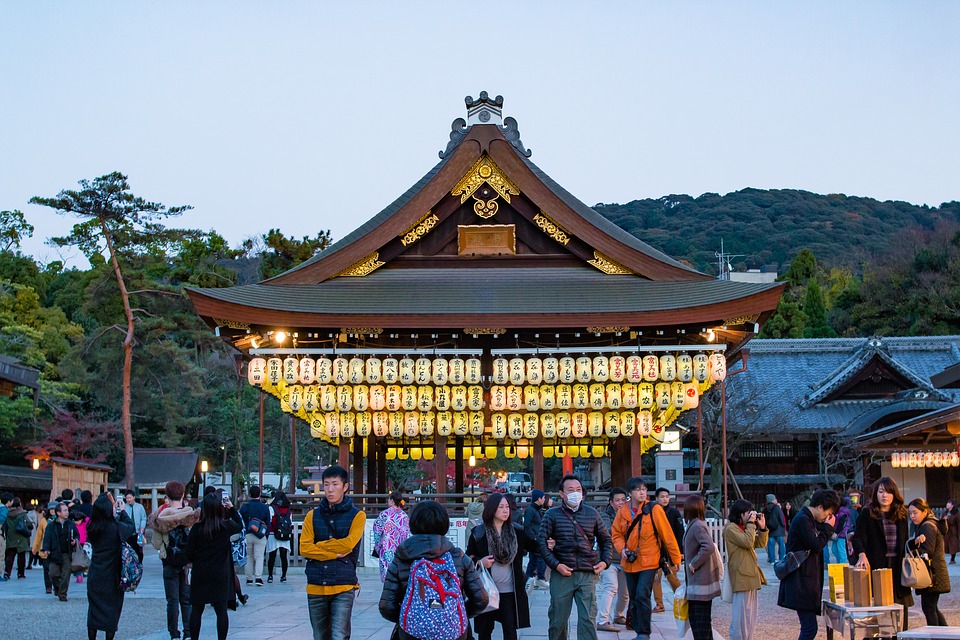
18. Surf’s Up, Dude
Japan is one of those places where it can be quite hard to navigate and find things or communicate. Even if you are staying in a hotel, consider connecting to people who live in Japan via the Couch Surfing website.
You can meet lots of lovely people who like showing visitors around their country. Using Couch Surfing, I stayed at this amazing Couch Surfer hostel in Kyoto.
Makes traveling so much more memorable!
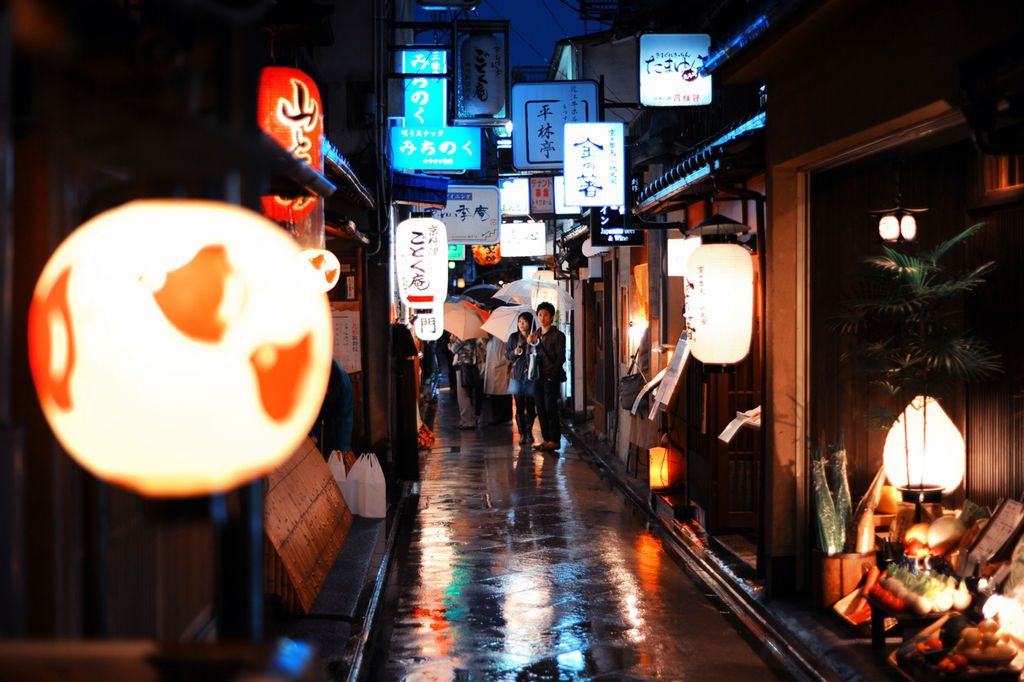
17. Hotel Of The Monsters
Don’t stay in the Godzilla hotel in Kabukicho just because it’s a Godzilla hotel. It is fun for a day or two, but it’s expensive (in regards to the local food as compared to other areas) and there are scammers everywhere, especially at night.
Unless you like that kind of thing. Also, bring 100 yen coins. LOTS. The UFO catchers are fun and prizes are worth winning.
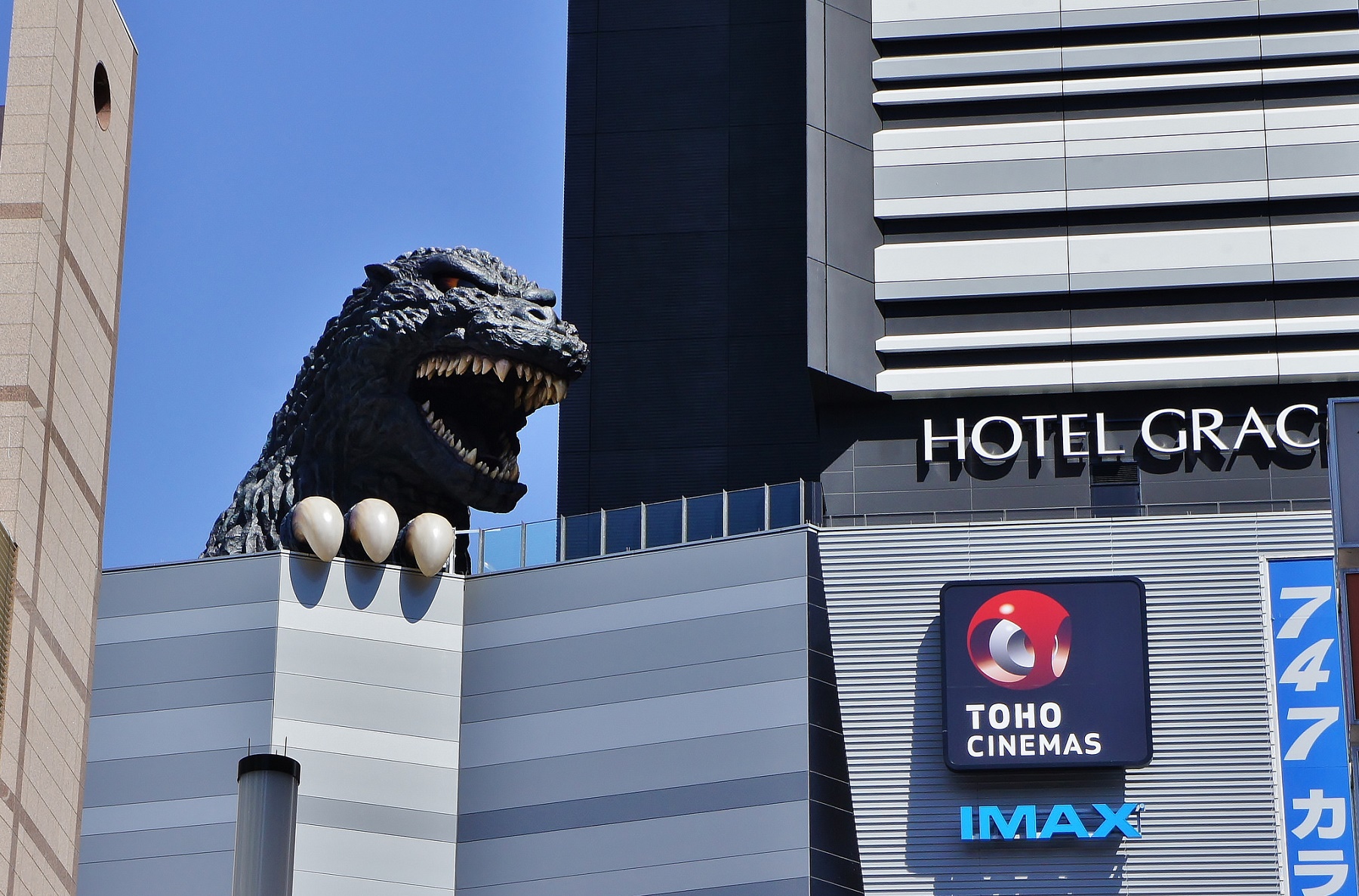
16. No Boy, No Cry
This one’s for the anime fans in the west, who would maybe want to visit Akihabara.
If you watched every episode of Naruto or Bleach, and think you know how to speak Japanese, you don’t.
Nobody in Japan talks like that.
It’s the equivalent of a Japanese person going to America and dropping Sylvester Stallone one-liners.
Google some current Japanese memes though. They’re pretty funny and can be good to drop into casual conversation.
But only casual. Don’t use them when applying for a job or any other official circumstances.
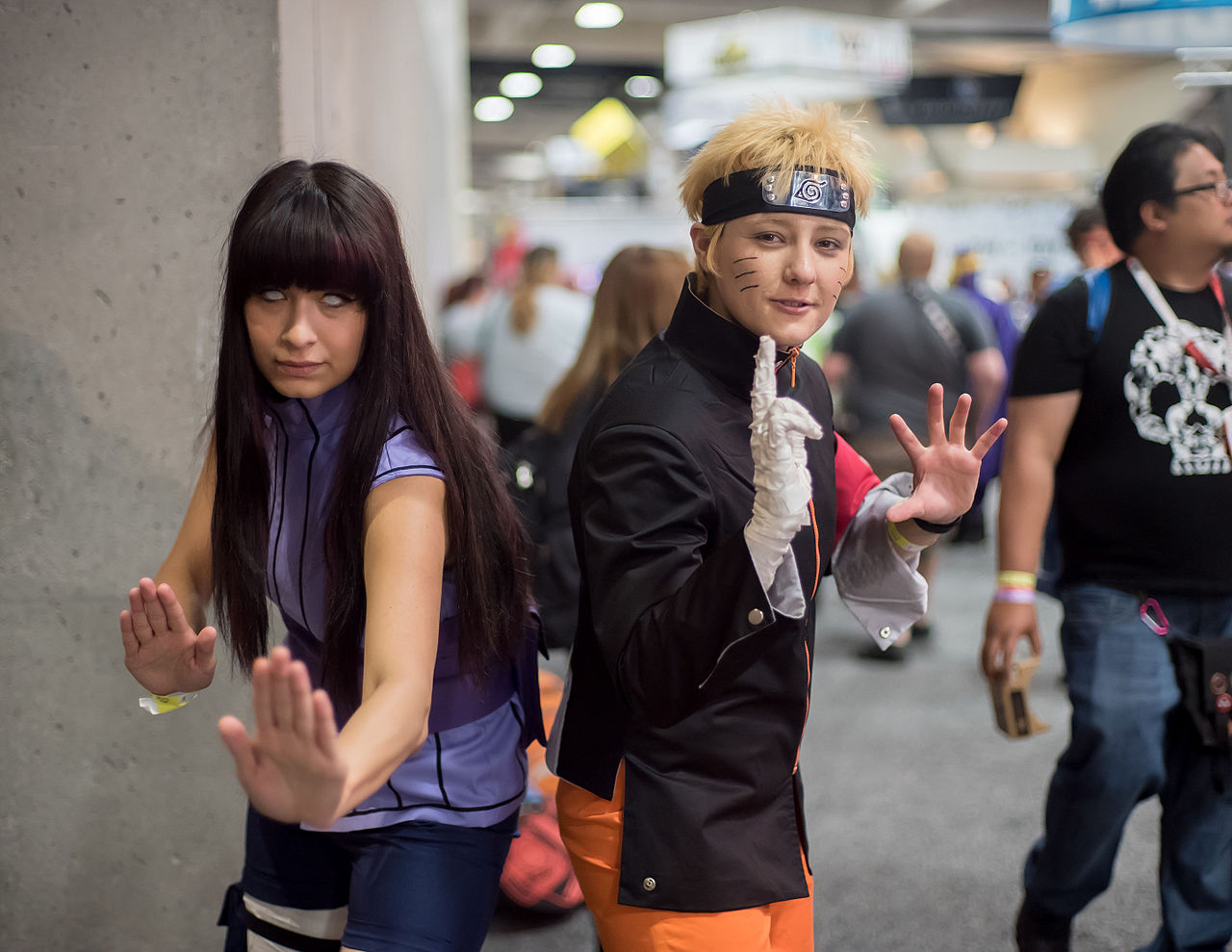
15. For The Geek In You
Akihabara is a must if you’re a big anime/game fan, but if you’re looking to buy a lot of merch I’d also recommend Nakano Broadway.
It’s cheaper and has a bigger selection of older, rarer stuff. There’s a store called Mandrake that has like 10 individual stores within the mall, each with its own specialty (manga, books, figures, games, Gundams, etc).
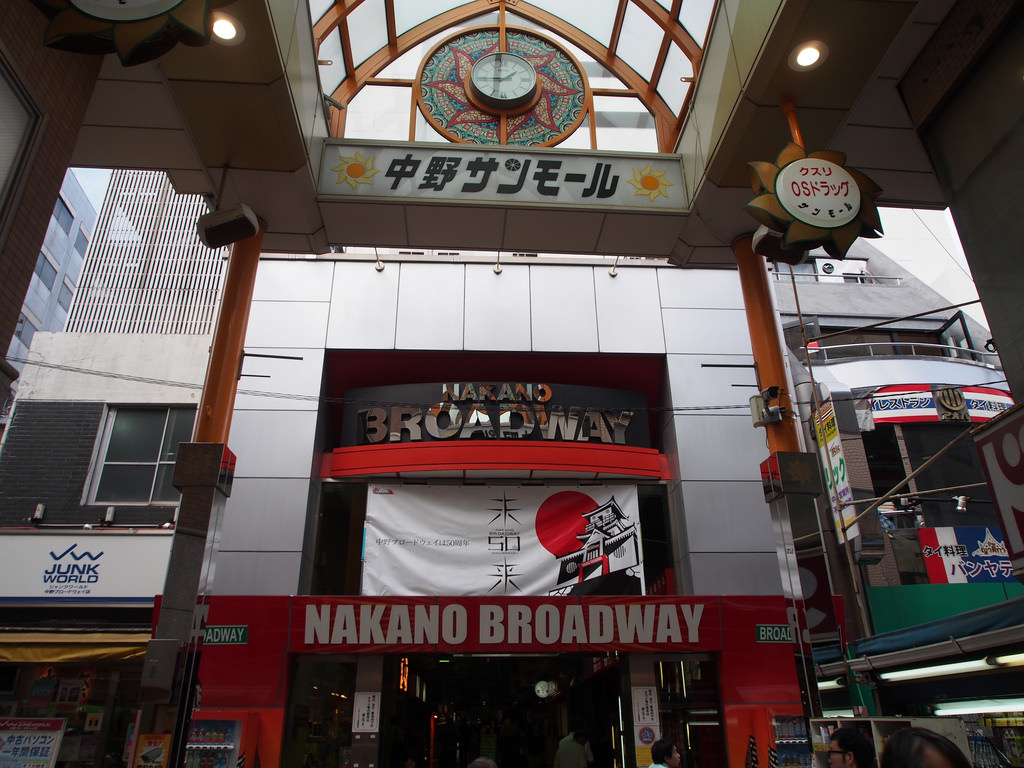
14. Sing Your Heart Out
Don’t try to talk it up with the men wearing sunglasses at night. You will get beat up. Check out an izakaya. They’re like US bars, but way better when with other people.
Don’t be afraid to sing at a karaoke joint; it’s actually really fun regardless of singing ability. If you’re simply a pleasant person, you can achieve near-celebrity status in almost any venue you’re at.
I found it easy to get around in Japan simply by being respectful to people.
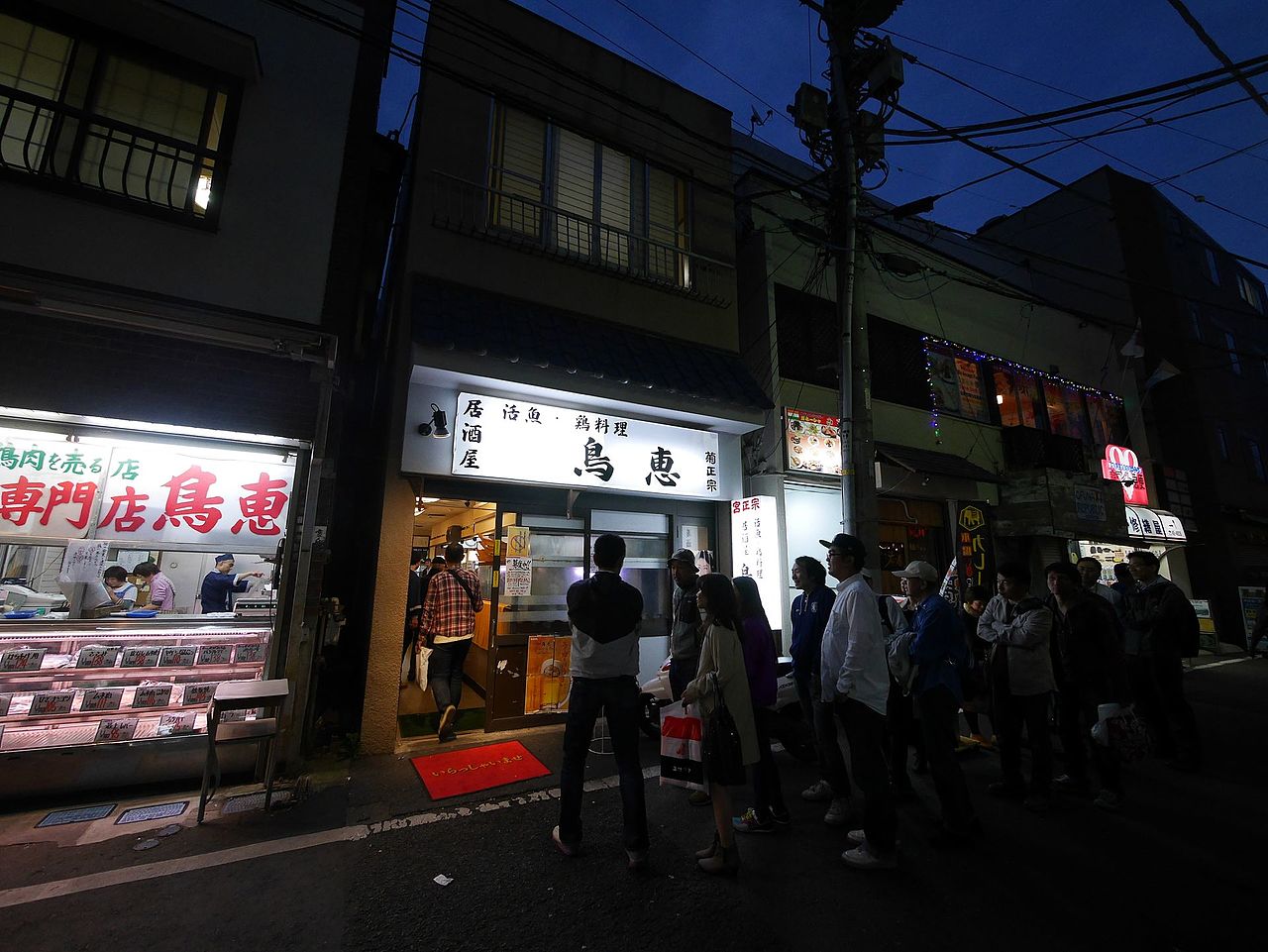
13. Pay To Play
Get a JR rail pass and a Suica card mailed to your home before you even leave on your trip.
If you have an iPhone 8/x or later, add your Suica card and credit cards to Apple Pay. This allows you to use your foreign credit cards, and also to refill your Suica card from Apple Pay as well.
Then, you don’t have to worry about cash all the time.
Don’t bring sinus medicine, ADHD meds, or prescription painkillers with codeine. They’re very illegal.

12. Get Down To Business
If you’re here for business, carry business cards. Lots of them. Learn your meishi-giving ritual. Do not put the meishi you receive in your back pocket.
Do not toss it in your bag. Do not receive it and immediately put it away like 99% of westerners.
When you receive it, take a few minutes to go over the card’s info.
Take in his position, company name, and name. Ask him a simple question (“So, you are Denso’s Tanaka-san”)?. Japanese people identify themselves first by their company, and then their name, e.
g., “I am Denso’s Hiroshi Tanaka”. Not, “I am Hiroshi from Denso as you would in the west”. When the meeting starts, keep the meishi out on the table, preferably arranged in the order they are seated in.
Take the time to practice your self-introduction and greetings (aisatsu) for business. They are easily impressed by foreigners who know how to do this.

11. I’ll Drink To That
All live houses have a beverage fee that you pay at the door.
This is separate from your ticket and is usually around 500 – 600 yen but some are higher. You’ll get 1-2 drink tokens that you can exchange for certain beverages.
Some places let you use a token twice if you are buying soft drinks. Sometimes it’s a separate token. Sometimes they stamp a ticket they give you at the door.
Some bigger venues like Zepp include a drink holder you attach to your belt with a clip so you can keep a drink on you.
This is not a negotiable thing. You have to pay this; it doesn’t matter if you don’t want to buy a drink and so on.
Please just pay it at the door and don’t hassle the staff, hold up the line and make things uncomfortable for everyone.
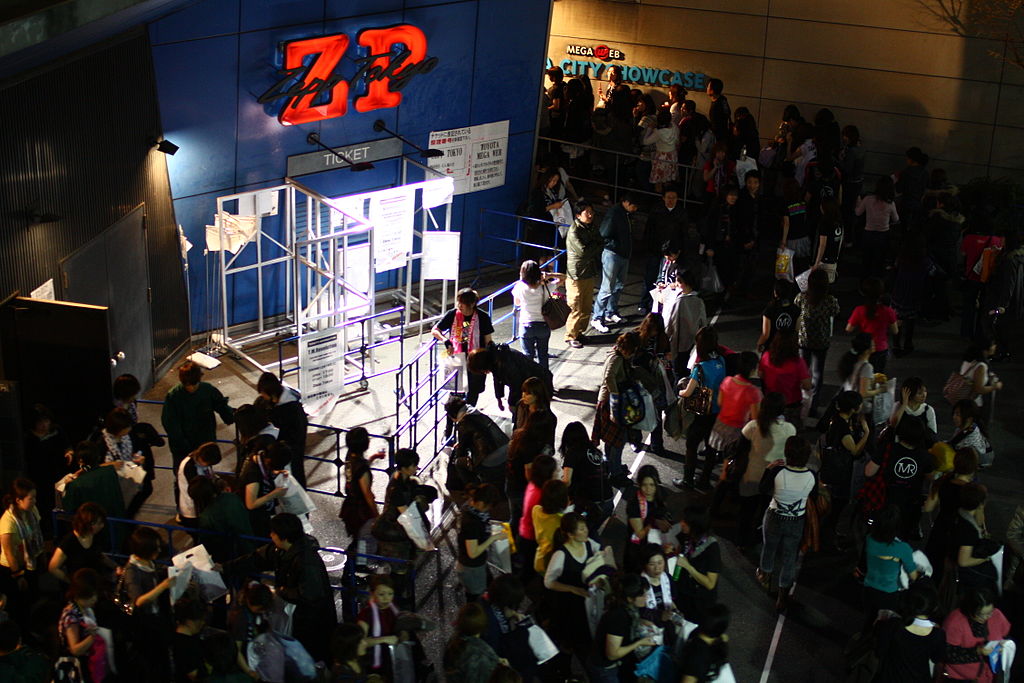
10. Thank Heaven For 7-Eleven
Everyone was very nice and plenty of folks spoke English, but I always felt like people warmed up even more because I took the time to learn literally 10 words of Japanese.
A little effort goes a long way. “Hello, goodbye, thank you very much, where is___?, Check please, one through ten, etc”.
Also, I saved a ton of money by eating breakfasts at 7-Eleven.

9. Step Aside, Top Ramen
Experience every noodle shop you can. Get used to ticket orders (ordering from a ticket machine), as a lot of restaurants have them. The locals are used to foreigners, and have English menus on deck.
Even when they don’t, they are very helpful when guiding you on what to choose. Don’t worry about tipping. Also, be aware of cover charges at some restaurants for foreigners!
Some will disguise it as appetizers.
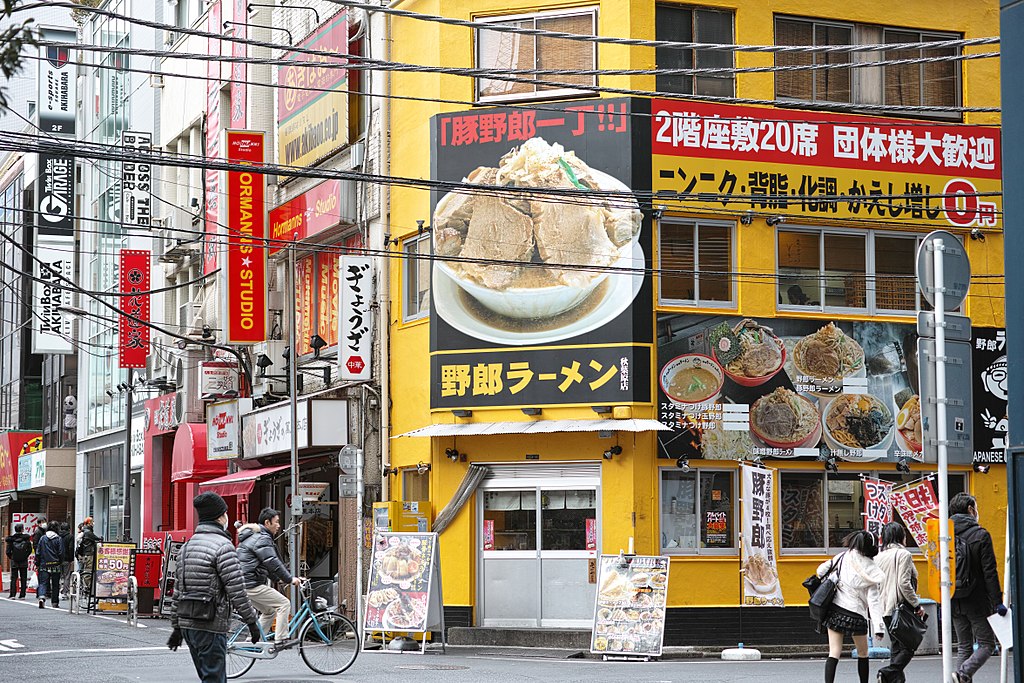
8. Loud And Clear
Watch what you say when in public, and don’t think that no one will understand what you’re saying.
A surprising number of Japanese people understand spoken English. A whole lot don’t, but how can you tell which category those around you fall into?
Don’t completely drink the soup in Ramen. Most Japanese I’ve seen/spoke to realize how RIDICULOUSLY bad it is for you. Drink maybe 1/3-1/2 of it and then leave it.
It’s for flavoring the noodles (which most places will refill for you if you are out of noodles but still hungry).
We got weird looks when we were paying and they saw our completely empty bowls.
It’s not chicken noodle soup. It’s three to five times your daily salt intake of deliciousness.
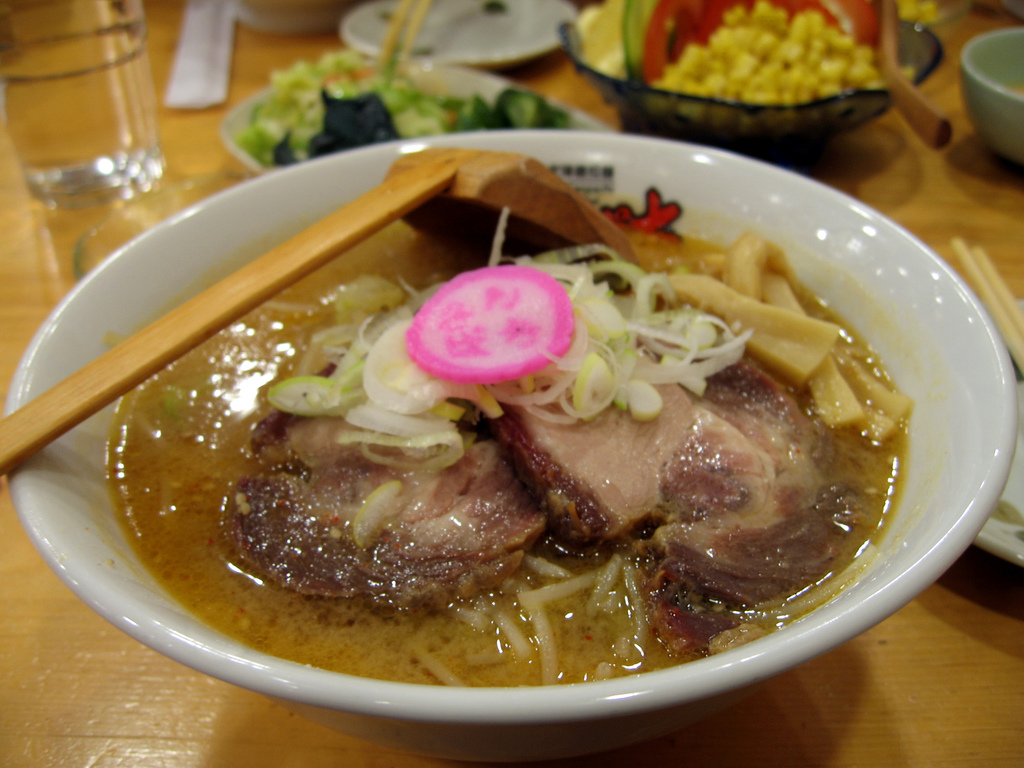
6. Get Soaked Like Everyone Else
Free Umbrellas: This is a complete internet myth.
On rainy days there are little umbrella holders for you to put your umbrella in as opposed to dripping water all over the shop floor.
You take one of these umbrellas and you’re a thief. Seriously, I’ve had so many umbrellas stolen on wet days here that if I ever catch someone taking my umbrella, I’ll tear out their soul.

5. Live Life, Stay Free
This is going to sound very strange, and I’m not sure if you need this or not, but bring enough tampons/pads/whatever, and cramp medication. If you take birth control, get extras from your doctor.
It’s really hard to find tampons in some foreign countries, and if you don’t know the language, you might not know where they’re stored. Also, pain meds are usually lower-strength.
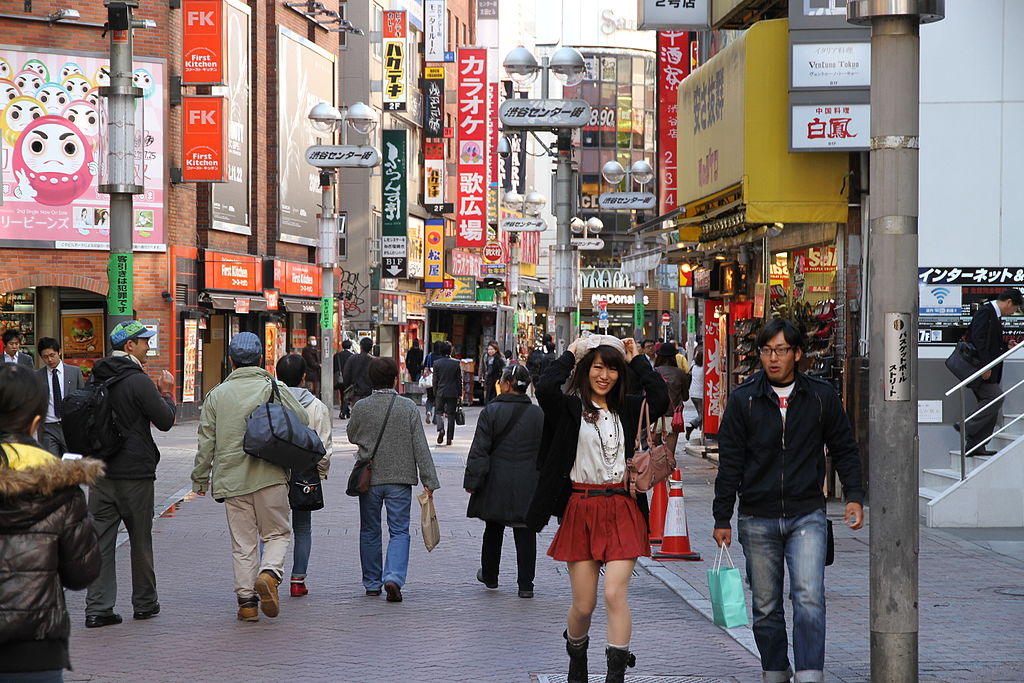
4. Sweet Child O’ Mine
Children will stare at you. Not really in cities, but outside cities.
I was in Sapporo, and in the city, no one cared about my boyfriend and I.
When we booked 45 mins out of the city, we stopped at a convenience store and there were school-age children outside and they could not stop looking at us.
It was like they had never seen white people in person before. They even followed us for a bit. It was definitely weird for us, but we didn’t mind.

3. Some Much Needed Backup
Look into whether you should buy a railcard, and carry some bathroom tissues. Public toilets often don’t stock any. Packets of tissues may be handed out as forms of advertisement at rail stations.
They’ll skip you (a foreigner) unless you make a point of asking for some. If you’re there in the summer, having a handkerchief is love.

2. Say Cheese
If you’re at a tourist spot and you see someone trying to take a group shot, come up to them and gesture to their camera, then their group, and basically mime offering to take a picture.
Easily a dozen times, I would help them get their group shot, then hold up my camera and gesture to my friends and I, and we’d get our photo taken in return.
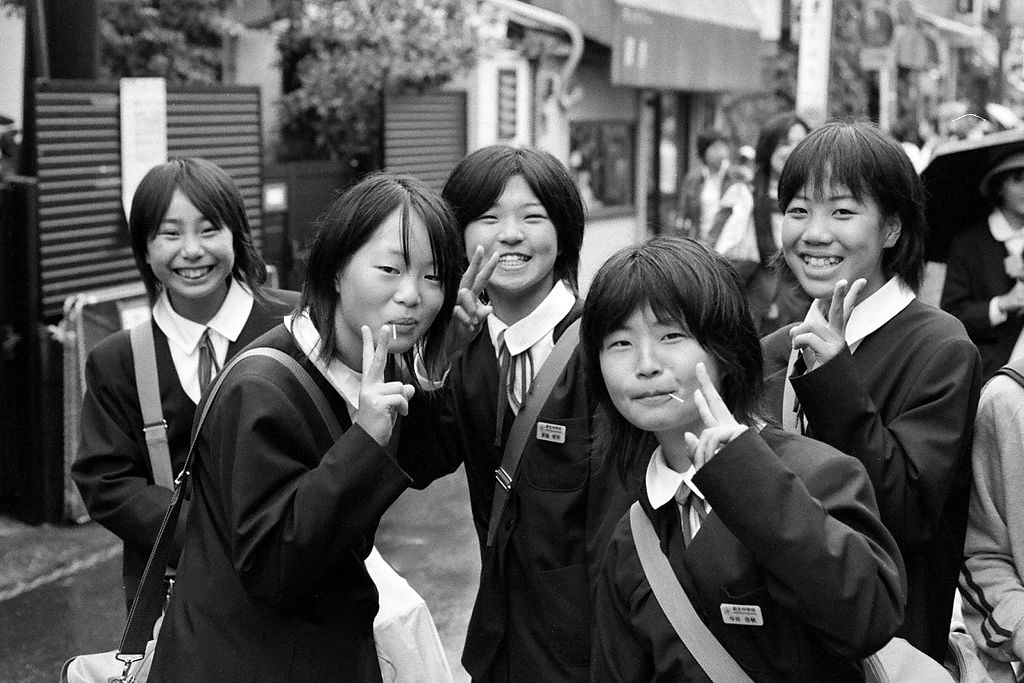
1. Change Will Do You Good
When you pay for things, there is usually a little tray to put your money in. They’ll put your change in the tray as well.
It’s ok to put the money on the counter if there is no tray. You don’t usually handle money directly, hand-to-hand. It’s backward from what is considered polite in the U.
S.
If you buy food at the convenience store, they will ask “atatamemasuka”? Which is “do you want this heated up/microwaved”?
Having a beverage in public and on trains is ok!
